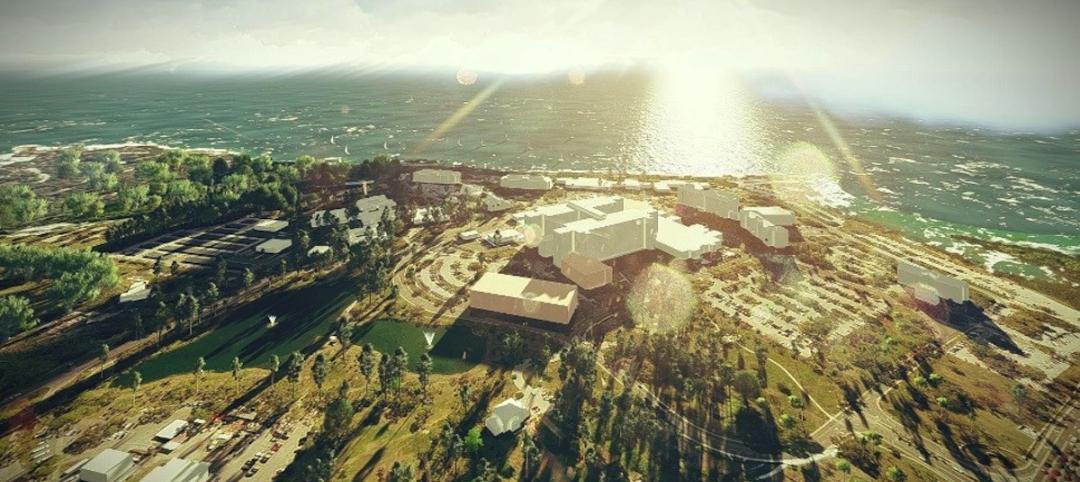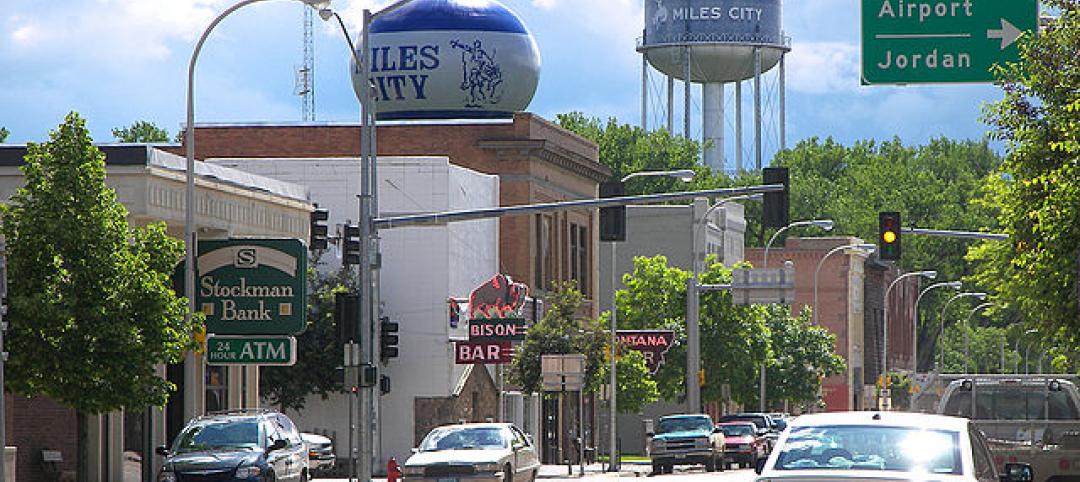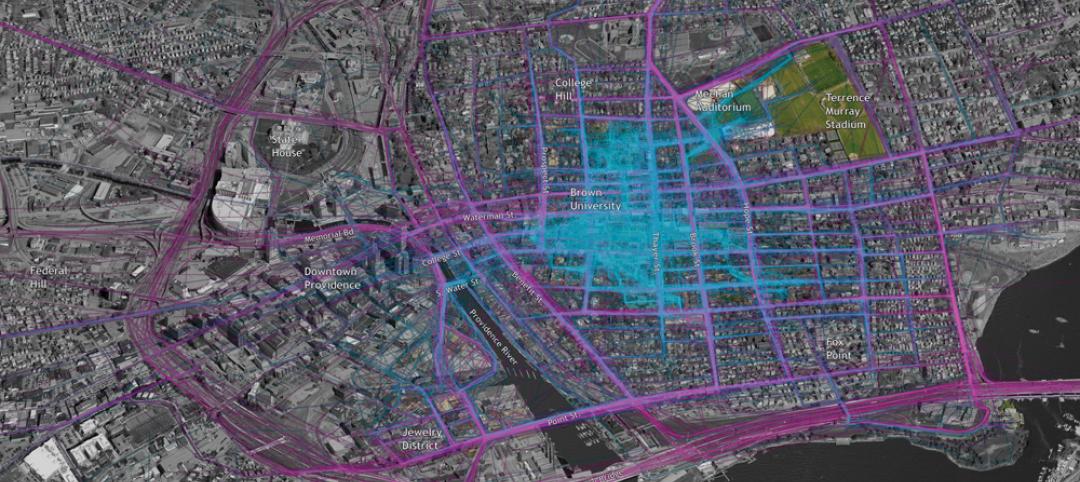Minneapolis is the latest major metro to require large commercial buildings to benchmark and disclose their energy and water use. Beginning in 2015, private commercial buildings >50,000 sf will have to report their energy and water use to the city, which is the first in the Midwest to require the procedure. The policy is intended, in part, to enhance the power of sustainability as a marketing tool.
"Other cities' experiences with disclosure requirements are showing that they will result in lower energy costs for businesses," says Elizabeth Glidden, Minneapolis City Council member, who wrote the ordinance. The city's own facilities and other public offices will start compliance early, disclosing energy and water use for buildings >25,000 sf this year.
Similar policies are already in place in Austin, Texas, New York City, Philadelphia, San Francisco, Seattle, and Washington, D.C. Seattle recently reported that 87% of its commercial and multifamily residential facilities of 50,000 sf or larger are now in compliance, representing more than 200 million sf of property. This year, the next phase of Seattle's ordinance kicks in, covering commercial and multifamily buildings between 20,000 and 50,000 sf. The city has not chosen to release its data, but building owners must make their stats accessible to tenants, buyers, or financial institutions.
(http://www.greenbiz.com/news/2013/02/13/cities-push-energy-data-commercial-buildings)
Related Stories
BIM and Information Technology | May 26, 2015
Moore's Law and the future of urban design
SmithGroupJJR's Stephen Conschafter, urban designer and planner, discusses his thoughts on the 50th anniversary of Moore's Law and how technology is transforming urban design.
Smart Buildings | May 21, 2015
Resiliency and climate change: Dual perspectives from designers at HDR
Two geographies, two perspectives, one conclusion: from Minnesota to Miami, resiliency matters, write HDR's Bob Beduhn and Lynette Cardoch.
Smart Buildings | May 1, 2015
FEMA to require states to evaluate risks posed by climate change
The aim is for states to do a better job planning for natural disasters they are likely to face in a warming world.
Smart Buildings | Jan 7, 2015
NIBS report: Small commercial buildings offer huge energy efficiency retrofit opportunities
The report identifies several barriers to investment in such retrofits, such as the costs and complexity associated with relatively small loan sizes, and issues many small-building owners have in understanding and trusting predicted retrofit outcomes.
Smart Buildings | Jan 7, 2015
Best practices for urban infill development: Embrace the region's character, master the pedestrian experience
If an urban building isn’t grounded in the local region’s character, it will end up feeling generic and out-of-place. To do urban infill the right way, it’s essential to slow down and pay proper attention to the context of an urban environment, writes GS&P's Joe Bucher.
BIM and Information Technology | Dec 28, 2014
The Big Data revolution: How data-driven design is transforming project planning
There are literally hundreds of applications for deep analytics in planning and design projects, not to mention the many benefits for construction teams, building owners, and facility managers. We profile some early successful applications.
Smart Buildings | Dec 3, 2014
Arup research explores urban infrastructure design in 2050
The report projects a future where highways will be made from self-healing, glow-in-the-dark materials and will be governed by sophisticated technologies that communicate with cars, road infrastructure, and GPS systems.
Smart Buildings | Oct 30, 2014
Energy Department pledges $9 million for energy efficiency improvements on commercial buildings
The U.S. Dept. of Energy will spend $9 million to encourage investments in energy-saving technologies that can be tested and deployed in offices, shops, restaurants, hospitals, hotels and other types of commercial buildings.
Smart Buildings | Oct 29, 2014
SCAPE’s 'living breakwaters' resiliency development wins 2014 Buckminster Fuller Challenge
New York-based landscape architecture firm SCAPE won the Buckminster Fuller Institute’s 2014 Fuller Challenge, billed as socially responsible design’s highest award.
Smart Buildings | Jun 8, 2014
Big Data: How one city took control of its facility assets with data
Over the past few years, Buffalo has developed a cutting-edge facility management program to ensure it's utilizing its facilities and operations as efficiently, effectively, and sustainably as possible.
















